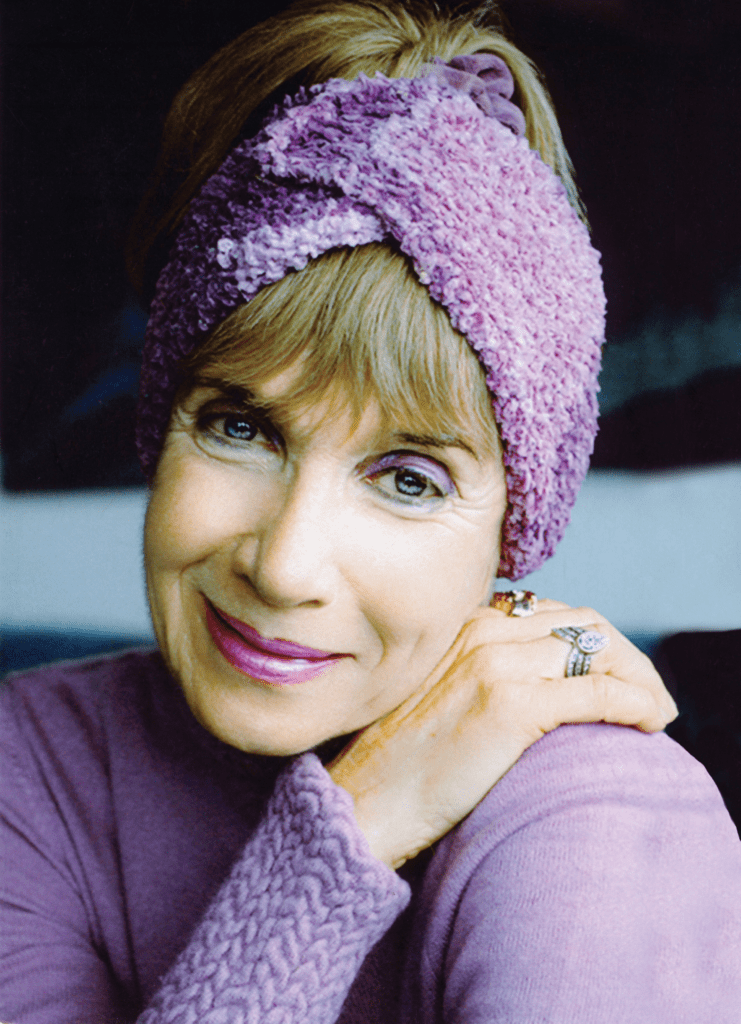 The devastating loss of my firstborn child, Lori, propelled me on an arduous journey in search of answers and has served as a guiding star. From that tremendous loss, I learned that loss can be an incredible teacher. My goal became to turn life’s losses into something positive. With each person in my life that has been close to my heart, I try to find a way to leave their spirit here intact in some other form -- I do something in their memory that captures their essence. I have found doing so eases my own pain and suffering.
The devastating loss of my firstborn child, Lori, propelled me on an arduous journey in search of answers and has served as a guiding star. From that tremendous loss, I learned that loss can be an incredible teacher. My goal became to turn life’s losses into something positive. With each person in my life that has been close to my heart, I try to find a way to leave their spirit here intact in some other form -- I do something in their memory that captures their essence. I have found doing so eases my own pain and suffering.
For Lori, who died suddenly of a rare viral infection (Haemophilus influenzae) at the age of seven, I built a playground in the village of Neve Shalom/Wahat al-Salam (Oasis of Peace), a village of Palestinian and Jewish citizens of Israel dedicated to building justice, peace, and equality. A rainbow arch seven feet tall with seven brilliant rays of color was installed at the entrance of Little Lady Lori’s Purple Playground of Friendship. The children pass under the rainbow arch to play together, to speak each other’s language, to celebrate each other’s culture, and to continue teaching us all that diversity and peace can be very compatible playmates.
I believe everyone has an assignment in life. In my case, it became apparent through the loss of Lori. I have devoted myself to spreading joy and diminishing suffering, whenever possible. A joy shared is a joy doubled, and a sorrow shared is a sorrow halved. I believe that. In whatever has happened, I find some way to translate that and make the proverbial lemonade out of lemons.
One of my greatest pleasures is derived from assignments that come to me. Wherever I can be useful, I do it. The Purple Lady Joy of Giving Challenge is one such assignment, inspired by my brother’s painful journey and passing from cancer.
Allen Fosman was a brilliant person, one of the first to teach about computers in the early 1980s. After suffering with melanoma for multiple years and seeking alternative procedures, as his cancer spread, Allen sought control over his last days. I remember my brother saving the pills from his wife who had died at 39 from breast cancer. He hoarded those pills, which must have expired by that point, but the bottle of pills gave him a sense of relief, “If I can’t stand it anymore.”
My brother went through a tremendous amount of physical pain. He was desperate for peace of mind that he would not have to suffer prolonged and unnecessarily. Following his death, I made a promise to myself: No one, if I could help it in any way, would experience any level of suffering that I could help prevent. That experience got me directly on this journey with Compassion & Choices.
I met Barbara Coombs Lee, president emerita of Compassion & Choices, in an elevator during a Hemlock Society symposium just a few years after Allen’s death. We got talking and she just hit me as someone who was going to be a friend or who I could be useful to. When I say “useful,” that is one of the deepest words in my vocabulary. I want to do everything I am assigned to do in my life while I’m here -- when I talk about being “useful” it is in the most positive sense.
As a person of the Jewish faith, being an advocate for justice is in my heart. I fight for justice on every plane that comes to me. If a person is going to die, they should have a right to die with acceptance and love. That’s the context in which a human being functions.
Compassion & Choices does the kind of work to which I have been exposed in the deepest way in terms of experiencing someone else’s personal suffering. I believe every terminally ill person has the right to the option of medical aid in dying. Whether they use it or not is their prerogative. We have a right to be born and wanted, and we should have the right to die with dignity and autonomy. We need to honor the full cycle of life.
Part of my philosophy is rather than be anonymous, I try to be visible for causes that matter to me to encourage other people to be visible. Please join me in supporting the unique work of Compassion & Choices through this matching challenge. No one should suffer unnecessarily when suffering can be prevented.
The Compassion & Choices family is comprised of two organizations: Compassion & Choices (the 501(c)(3) arm), whose focus is expanding access, public education, and litigation; and Compassion & Choices Action Network (the 501(c)(4) arm), whose focus is legislative work at the federal and state levels.


